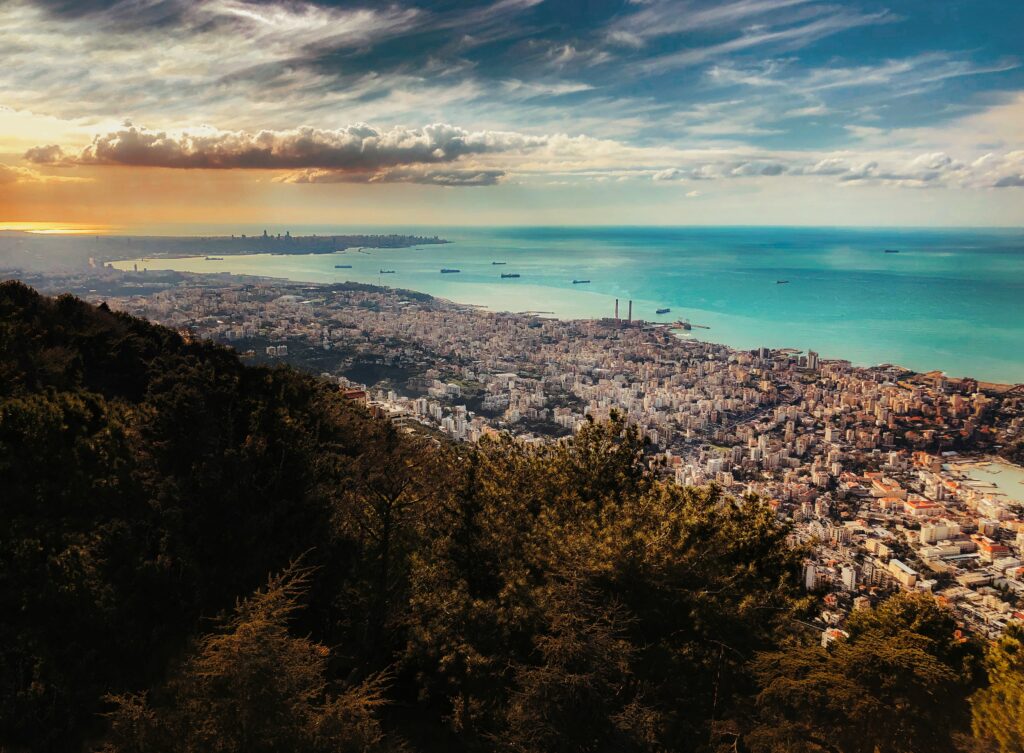
Is Lebanon’s Tap Water Safe to Drink? Key Health Insights
Traveling to Lebanon? You’re in for an adventure filled with rich history, mouthwatering cuisine, and vibrant cultures. But before you take that first sip of water from the tap, it’s crucial to understand what you’re getting into. Is that clear liquid safe, or should you steer clear? Let’s break down the ins and outs of Lebanon’s tap water situation.
Understanding Lebanon’s Water Supply
Lebanon’s water sources vary widely across the country, influenced by everything from geographical diversity to infrastructure issues. The main sources include rivers, springs, and underground aquifers. Unfortunately, many of these sources suffer from pollution or inadequate maintenance, which can lead to safety concerns regarding drinking water.
Quality Control: A Mixed Bag
The quality of tap water can be a bit like opening a box of chocolates—sometimes you get a delightful surprise, and other times, not so much. The Lebanese government does attempt to regulate water quality; however, inconsistencies remain. Many municipalities lack the resources to ensure that water is properly treated and tested.
Reports suggest that while some areas, particularly urban centers like Beirut, may have access to relatively treated water, rural areas often don’t share that same luxury. In fact, there are frequent reports of contamination due to aging infrastructure. Old pipeline systems are particularly notorious for leaking harmful substances into the water supply.
Health Risks to Consider
When it comes to health, it just makes sense to stay informed. Drinking untreated or poorly regulated water can put you at risk for bacterial infections, gastrointestinal issues, and more. Common contaminants found in Lebanese tap water include:
- E. coli: A nasty bacterium that can lead to some serious stomach aches.
- Heavy metals: Things like lead and copper can seep into the water from corroded pipes, and long-term exposure isn’t great for your body.
- Chlorine byproducts: While chlorine is used to treat water, the byproducts can sometimes pose their own set of health risks.
So, while you might think that clear water is automatically safe, that’s not always the case.
When in Doubt, Don’t Drink It
If you’re uncertain about the safety of tap water in your specific area, it’s best to avoid drinking it altogether. Opt for bottled water instead. It might seem like a hassle, but your belly will thank you later. Plus, local shops and supermarkets usually offer a variety of affordable bottled water options.
What Locals Do
You might wonder how locals handle their drinking water situation. Many Lebanese people rely on bottled water, particularly in urban areas. It’s a matter of habit at this point. Some households even use water filters or purification systems at home to make their tap water safer. If you’re staying at a hotel or Airbnb, don’t hesitate to ask your host about the water quality; they usually have some solid insights.
Practical Tips for Staying Hydrated
Choose Wisely
When purchasing bottled water, look for those that are sealed properly and come from reputable brands. You’ll also find sparkling, flavored, and mineral waters—which add a little twist to your hydration options. And remember: hydration is key! The Mediterranean sun can be intense, especially in summer.
Stay Informed
Keep an eye on local news or blogs. If there are any advisories regarding water quality, they’re likely to be reported. Joining local expat groups or forums on social media can also help; residents will often share useful information based on their experiences.
But Wait, There’s More!
Now, I know it might sound unglamorous to focus on water safety, but trust me—when you’re out exploring the stunning landscapes of Lebanon, from the ancient ruins of Byblos to the vibrant souks of Tripoli, the last thing you want is to be slowed down by a waterborne illness. Staying informed can help you enjoy all that this beautiful country has to offer without any unwanted hiccups.
Thinking about moving from bottled water? That’s a wise choice, but just make sure to choose brands that local people trust. A great place to start is by checking out [this comprehensive guide](https://example.com) on bottled water choices in Lebanon. You’ll find tips on the best brands based on safety and taste.
Conclusion: The Bottom Line
Ultimately, when it comes to drinking water in Lebanon, caution is key. While you may hear tales from adventurous travelers who’ve braved the tap, the safest bet is to stick with bottled water during your stay. By being aware and taking proper precautions, you can ensure that your time in this enchanting country is filled with vibrant adventures, not tummy troubles.
Enjoy your trip, stay safe, and drink up—just not from the tap!
**Related Reading:** – [Related: How to Plan a Solo Trip on a Budget] – [Related: Top Destinations for First-Time Solo Travelers] **#SoloTravel #Lebanons #Tap #Water #Safe #Drink #Key #Health #Insights**